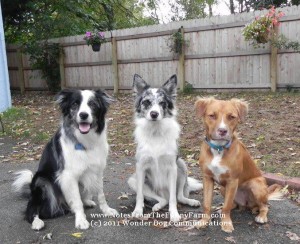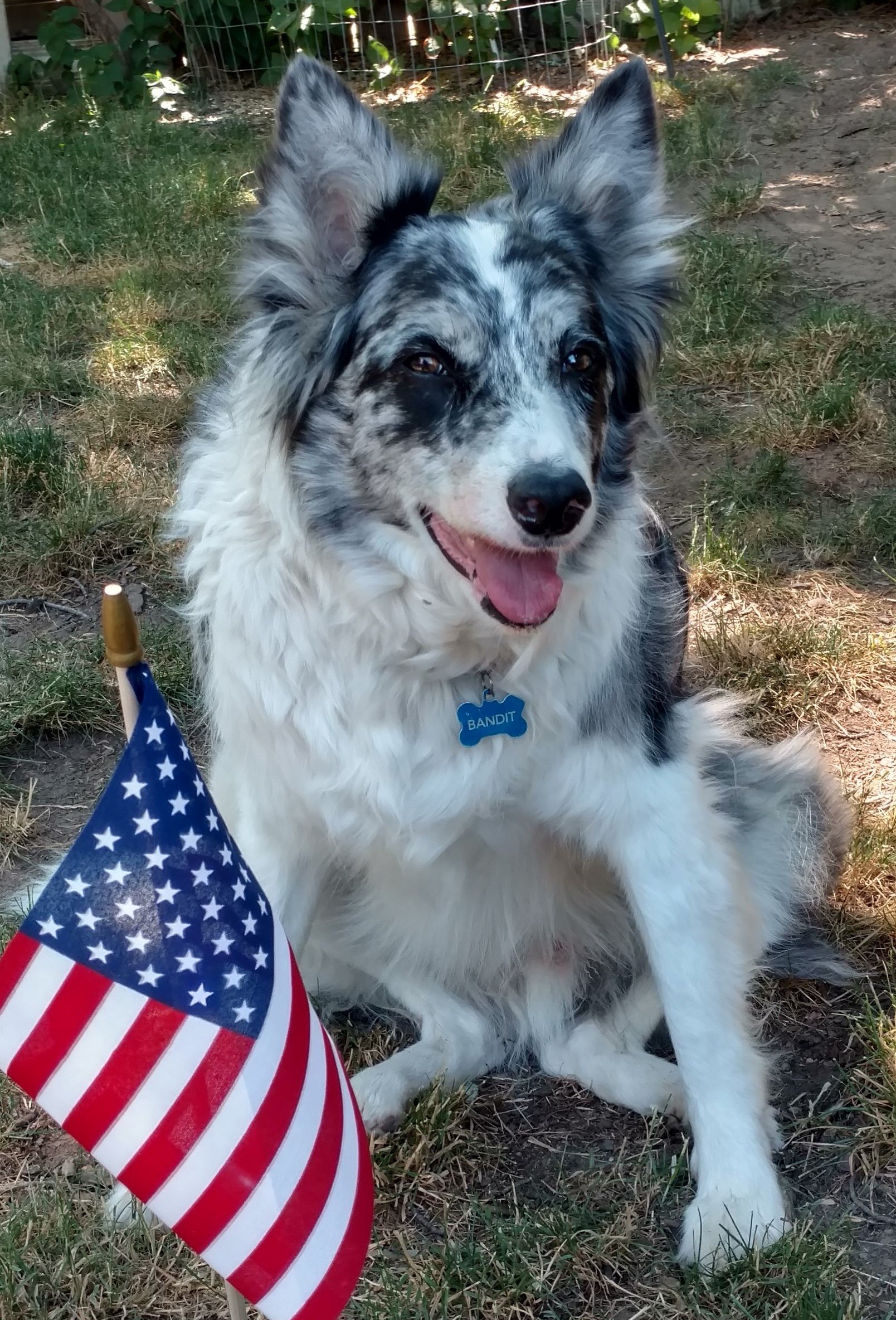
Not long ago, I did a post reflecting on Susan Cain’s book, “Quiet: The Power of Introverts in a World That Can’t Stop Talking,” musing on how I’m an introvert and what that means in my life. I got a lot of feedback from other introverts who were happy to have someone speak up on their behalf.
Then my editor asked me an interesting question: can animals be introverted or extroverted?
Cain addresses that issue very briefly in the book, citing research done on guppies in an attempt to understand how introverted characteristics might have survived the Darwinian theory of survival of the fittest. It would make sense, after all, for the loudest, most aggressive, boldest, and bravest of the animal kingdom to thrive while the quiet, shy species who avoided conflict got whittled away one at a time. So why are there still “introverted” animals? Researchers now understand that animals who were able to hang around the perimeters, remaining virtually invisible to their predators, were better suited to observe situations and adapt accordingly. It’s simply another survival strategy, proving that it takes creatures with diverse personalities to make up a community.
But what does that mean in a dog’s life? I’m an amateur student of dog communication and behavior but my dog training friends are much, much smarter than I am. So I asked a a few about whether or not dogs can be introverted or extroverted. One of the best explanations about whether dogs can be introverted or extroverted came from my friend Diane J. Gardner, CPDT-KA, owner of Premier Dog Training Services in Rochester, NY. I thought I’d just share her entire response, since she explained it so well. (The post/article she refers to is the one I wrote about Cain’s book.):
I’ve never referred to a dog as introvert or extrovert; I’ve also never heard anyone refer to a dog that way either. Dogs are usually referred to as “outgoing” or “reserved”. I don’t know how much it matters (the semantics) because I’m sure that the function is the same way as you described in your prior article. Dogs that are outgoing are less disturbed, or overwhelmed, by sights, sounds and tactile experiences than those that are reserved. If semantics matters it would be in the context of how much thinking is brought to the situation by the dog in thinking about his emotional reactions to provoking stimulation. (For more information: “Do Animals Think” by Clive D.L. Wynne)
Dogs absolutely have a personality. Each is an individual but this individuality does not happen through an internal thought process and self-reflection. What makes a dog an individual are genetic proclivities accentuated or attenuated by experience. But of course, dogs are more than input/output devices.
Reflecting back to your article about how difficult it is for an introvert to prepare herself for over-stimulating experiences, dogs do not have this ability. Not being able to reflect on past experience or future think to prepare for upcoming experiences, dogs can only react to current experiences. They do have the ability to predict that an overwhelming experience is about to occur through associative learning from past experiences. This is why a dogs reactivity or learned helplessness (depression) gets worse over time. The dog’s predictions are correct sooner and sooner in anticipation of the overwhelming situation and more and more things come to predict it.
So, it is definitely the reserved dogs that are most likely to become reactive; they are somewhat disposed to it by a combination of genetic propensity and experience. Outgoing dogs can become reactive but are somewhat genetically inoculated against it, though deprived experience does bring it on.
So in a technical sense, no. Dogs can not be introverted or extroverted because dogs are not capable of introspection and do not have a thought process that is either inward or outward directed beyond the most rudimentary of processes.
Diane definitely makes some great points,and I think about how it applies to my own dogs.
Her point about dogs being able to predict an upcoming event based on previous learning experiences hits home. My dog Scout (moment of silence … you know that I’m still grieving, a year later …) had a lot of fear issues; one thing he was desperately afraid of was the train that runs close to where we played in the park. He may not have been able to cognitively process the thought, “It’s 1 PM and that loud, scary train will be going by soon so we need to go home” but he definitely understood the scary train passing, and then the distant whistle and the low rumble as a predictor of the upcoming event. So while he was afraid of the only train at first, in time each step leading up to the train triggered his fear. To overcome the fear, we had to work on overcoming each step leading up to the fear.
My other dog Bandit? Trains can come and go and he doesn’t even bat an eye, maybe because I learned my lesson with Scout. When Bandit was a pup, I took him to the area where the train went by and started doling out the treats at the first sound. He quickly associated the scary train with hot dogs. Of course, personality-wise, Bandit is just a more confident, bold, bossy dog, so maybe he didn’t even need me to prepare him for the train.
So was Scout more introverted? Hard to tell. He actually liked people, and eagerly went into new situations. But at the first sign of one of his known triggers – or if something new scared him – he was out the door and hiding under a table. But even if he didn’t have a complete fear reaction, he was often nervous in high stimulus situations.
I think Bandit would be considered extroverted – by and large, he’s fine with new people, other dogs, new situations. After Scout died, he did start to show some anxiety at some of the same things that bothered Scout, especially strange noises that bothered Scout. But overall, you can take Bandit just about anywhere and he’ll be curious and friendly and when he’s bored, he’ll just go to sleep. (You can see pictures here and here of when I took him to a pet blogging conference with me. We drove to Virginia and stayed two nights in a hotel, right after an earthquake and in the path of a hurricane. I couldn’t have ever done that with Scout or Bailey.)
And of course, I could write a book on my dog, Bailey, who’s reactivity issues might be mistaken for aggression – barking, wild behavior, and even biting. But if you take time to get to know her, you can see pretty quickly that when she gets out of control she’s actually just scared and overwhelmed. Once we started addressing those issues and limiting her exposure to the events that predicted the scary stuff, she started calming down. Simply put, we don’t put her in situations where she’s going to be overwhelmed. We avoid parks with other dogs, places where kids are running around and playing, places where there are too many people … or squirrels. We walk in cemeteries and slowly introduce her to new environments. Overall, though, Bailey likes to be with one or two humans, in quiet situations that don’t have a lot of stimuli, places where she’s comfortable and things are predictable. If Bailey had a human personality, she’d be a classic introvert who’s mistaken for an extrovert.
But I’d love to know what you think: is your dog introverted or extroverted – or reserved or outgoing?
RELATED POSTS:















